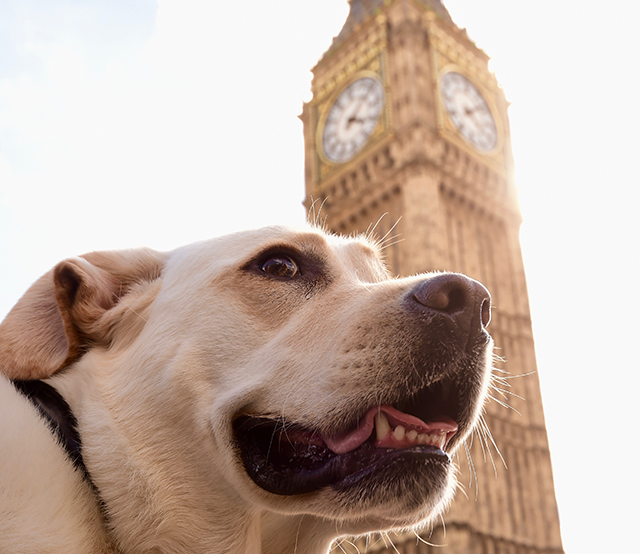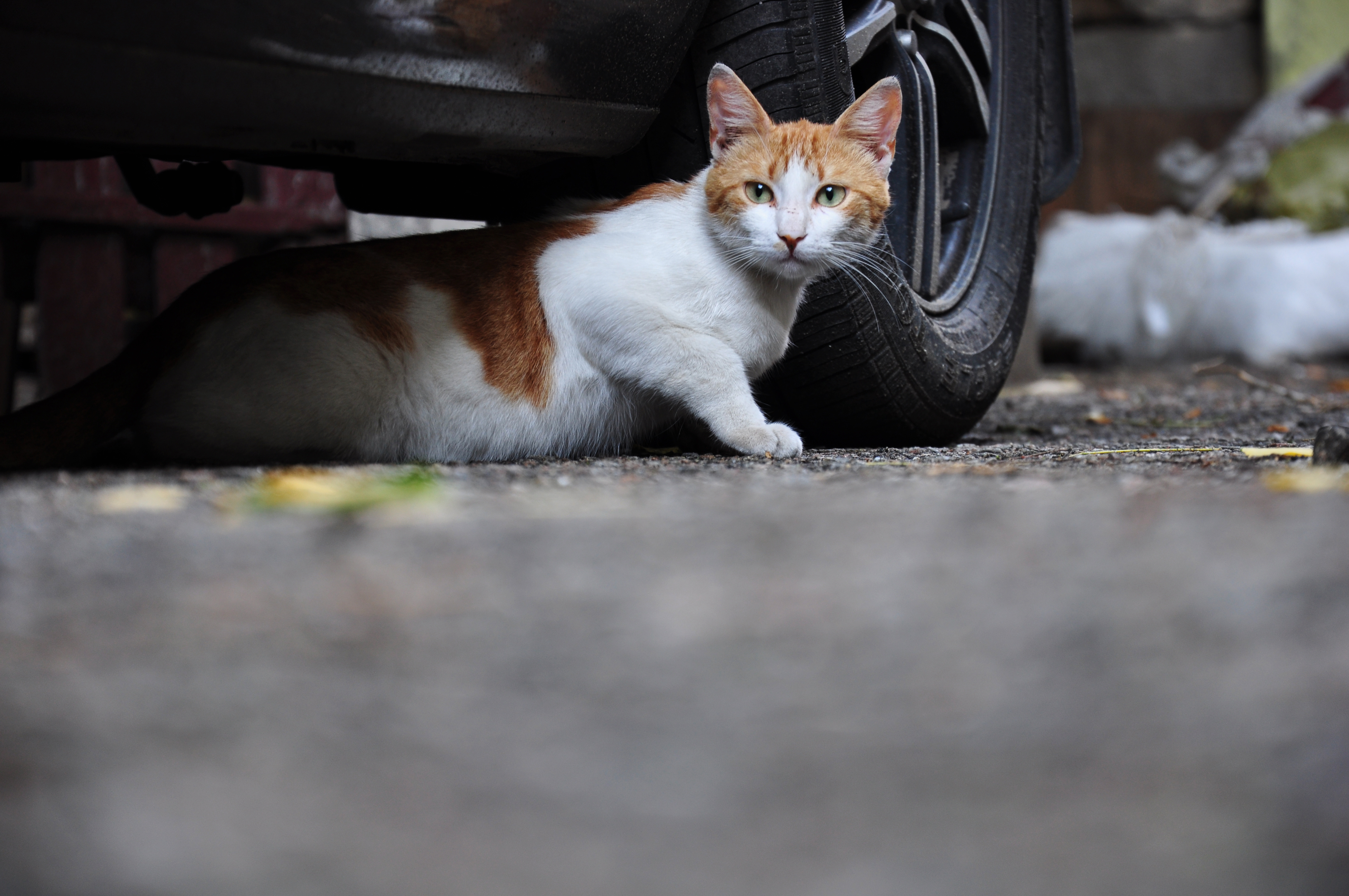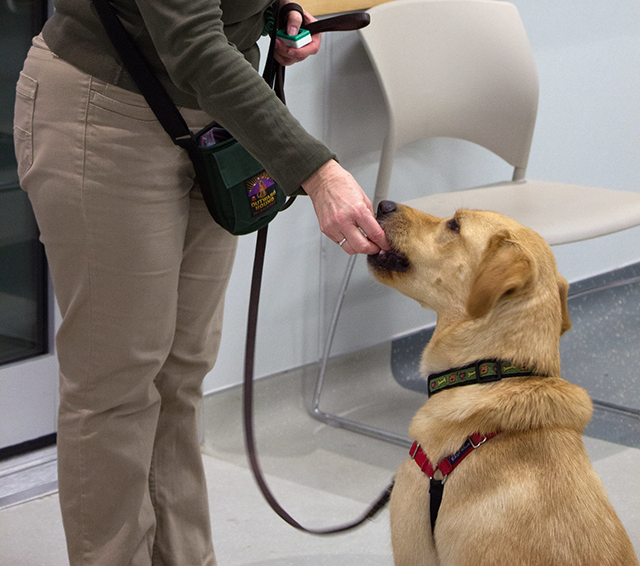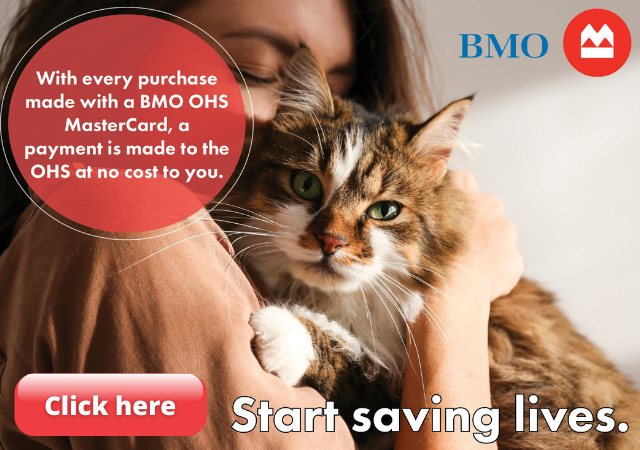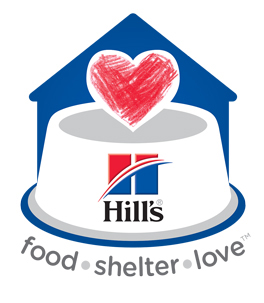|
Advocating for animals during COVID-19... read more |
|||
| If you do not see the full page with images, please click here. | |||
|
A Rottweiler Puppy Let Down. Twice. |
|||
|
In January of this year, serious failures in the provincial system for investigating animal cruelty and neglect let down a Rottweiler-mix puppy named Bane. Bane was tortured and killed at the hands of his owner, Jake Garvin, after authorities repeatedly failed to respond appropriately to information supplied by neighbours. Mr. Garvin's trial has now concluded. While Mr. Garvin will serve prison time for the sum total of his crimes, there are elements to the sentencing that are disturbing to anyone concerned about crimes against animals. Specifically, Mr. Garvin was sentenced to three years for possessing an illegal weapon, but only two and a half years for torturing and killing his dog. In 2008, the maximum penalty for animal abuse was raised from six months to five years, but this has not been reflected in sentencing for serious crimes. In this case, concern about the possibility that Mr. Garvin might commit violence with the illegal weapon weighed more heavily against him than the real violence he had committed against his dog. The link between violence against animals and violence against humans is troubling and a great concern, however violence against an animal is a serious crime on its own and it needs to be treated as such. A puppy named Bane — and all animals — deserve that. |
|||
|
UK Makes Strides in Animal Welfare |
|||
|
As Canada lags in addressing animal welfare challenges — protections for imported and exported animals, ever-pervasive provincial ag gag legislation, and lacking protections for animals exploited in the entertainment industry — the UK has been making strides in new legislation for animals. Some of the highlights include recognizing animal sentience, strengthening penalties for animal cruelty, improving protections for animals exported and imported to the country, and even introducing mandatory microchips for cats. The list goes on. Improvements for animals anywhere are a success for animals everywhere, but more importantly, there is much to be learned and applied from UK animal welfare advancements to Canadian federal, provincial and municipal legislation. For example, ag gag legislation, in Canada, is presented as a bill for bio-security, but the legislation's main purpose is to impose strict penalties on those who would attempt to bring light to animal welfare conditions in the farming industry. The UK had an elegant solution, mandating CCTV cameras for all slaughterhouses, enforcing transparency and accountability against cruel slaughtering practices while still addressing concerns of bio-security in the food supply chain. The UK has also prohibited commercial traders from selling puppies and kittens less than six months old. This prohibition is a key step towards rooting out puppy mills and ensuring that the public is acquiring animals from ethical breeders or humane societies and shelters. There are many, many examples of legislation that is either in progress in the UK or already enacted that makes a big difference for animals. You can demand better protections for animals in Canada, and when asked how things can improve, point across the pond. |
|||
|
Stats for Cats: It Can Happen to You |
|||
|
The outdoors poses many risks to cats, and as such, the Ottawa Humane Society always recommends keeping cats indoors or letting them enjoy the outdoors while safely enclosed in a catio or on a leash and harness with their owner. There are many ways a cat could become injured or worse while roaming outdoors, and there are many ways to ensure an indoor cat lives a happy and fulfilling life. The danger is not hypothetical, the OHS sees the reality of cats roaming outdoors every day. Over the past 12 months alone, the OHS received more than 1,300 lost pet reports for cats. That's almost four per day. It's no secret that cats are the most populous species that the OHS cares for each year and that the number of stray cats admitted to the OHS that are reunited with their owners remains dismally low at only nine per cent. By comparison, more than 70 per cent of stray dogs are reunited with their owners. Some of the 1,300 can likely be attributed to indoor cats who have slipped out by accident. However, another portion is likely represented by outdoor cats who have gone missing. Countless more cats are either brought or reported to the OHS, having been found deceased outdoors, typically after having been killed on a road. Ottawa has no legislation requiring cats to be kept indoors or safely secured with their owners — the only restriction is that cats are not permitted to damage property or be a nuisance. It is clear that the outdoors is no place for a cat, and that keeping cats indoors with daily, interactive play can provide them long and happy lives and save their owners heartbreak. |
|||
|
Support for New Dog Owners |
|||
|
During the public health crisis, many sought the companionship of a pet, and for many, this meant getting a new dog. These new pet owners may face challenges with their pet as the public health crisis slowly winds down. Their pet likely has not had the time to socialize with other people or dogs and as a result might not know how to behave in these situations. As well, a new dog may be experiencing dramatic changes to his routine as his owner returns to work or school and the dog is left alone for several hours each day. This change could cause the dog stress and to behave poorly. One of the most effective ways to address these challenges is to prevent them before they become an issue. This can include slowly introducing a dog to a new routine or socialization and carefully monitoring how the dog reacts in these new situations. For owners who are still struggling, the OHS has programming available to support the owner and their pet. |
|||
|
Buddy & Belle: Max |
|||
|
Meet Max, a sweet, 10-year-old cat. Upon his arrival at the OHS, it was quickly discovered that this senior's tail had a large mass. To remove the mass and give Max a healthy and pain-free life, his tail was removed in surgery. |
|||
| Thank you to our sponsors: | |||
|
|
|||
| Ottawa Humane Society 245 West Hunt Club Rd, Ottawa, ON K2E 1A6 donations@ottawahumane.ca | www.ottawahumane.ca |
|||
|
|
|||
|
The Standards Program Trustmark is a mark of Imagine Canada used under licence by the Ottawa Humane Society. The Humane Canada Accreditation Program mark is a licenced mark of Humane Canada used under licence by the Ottawa Humane Society. |
|||
| Privacy Statement Manage your Email Preferences |

